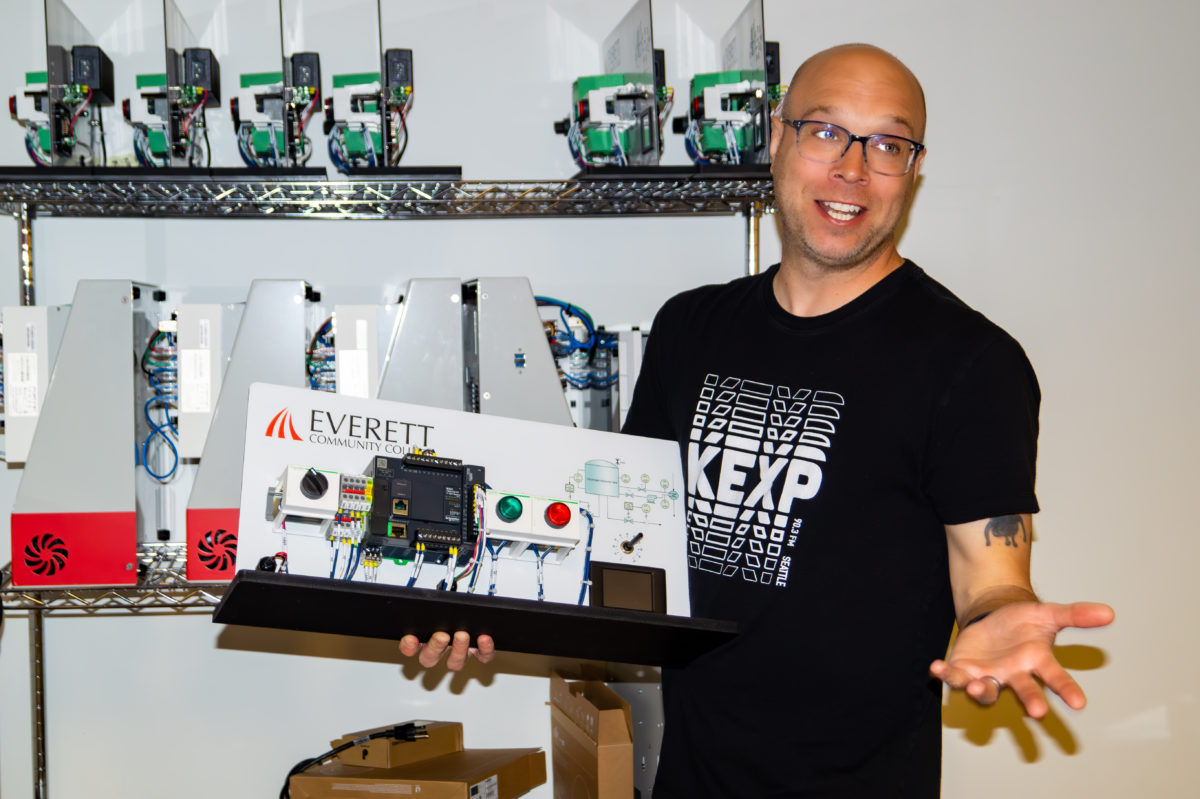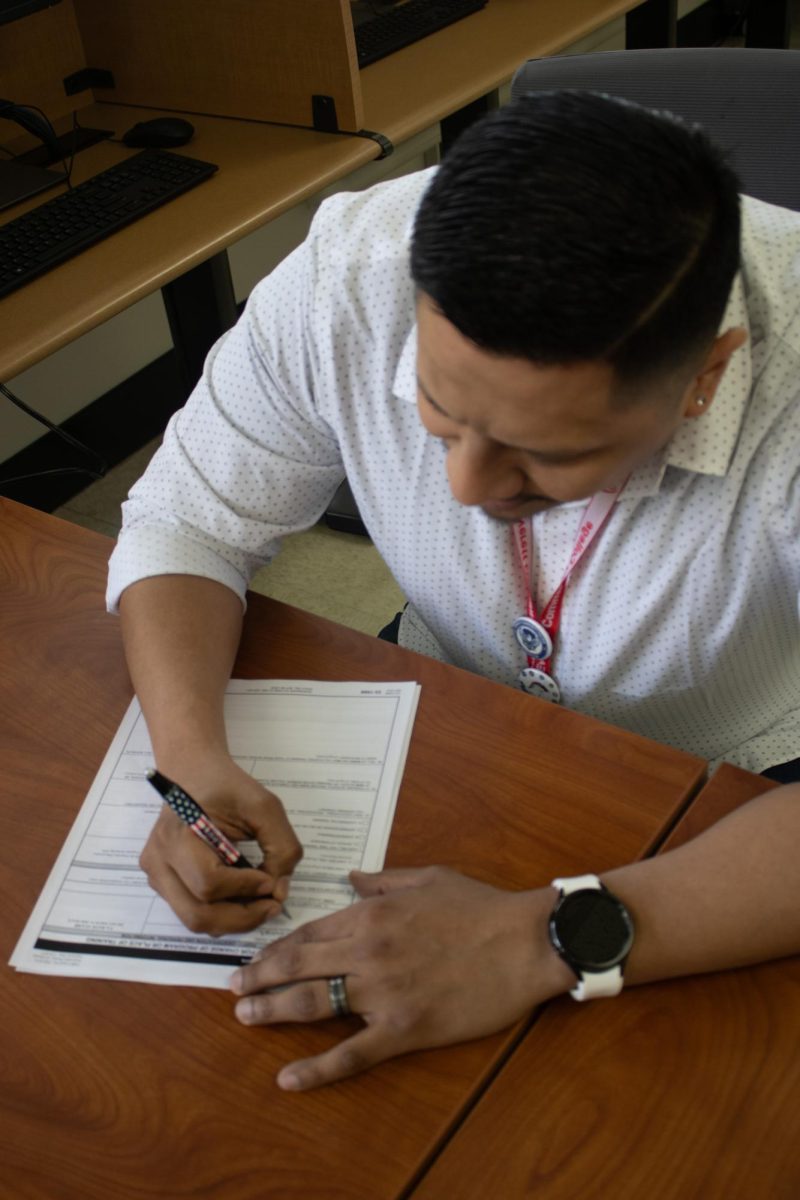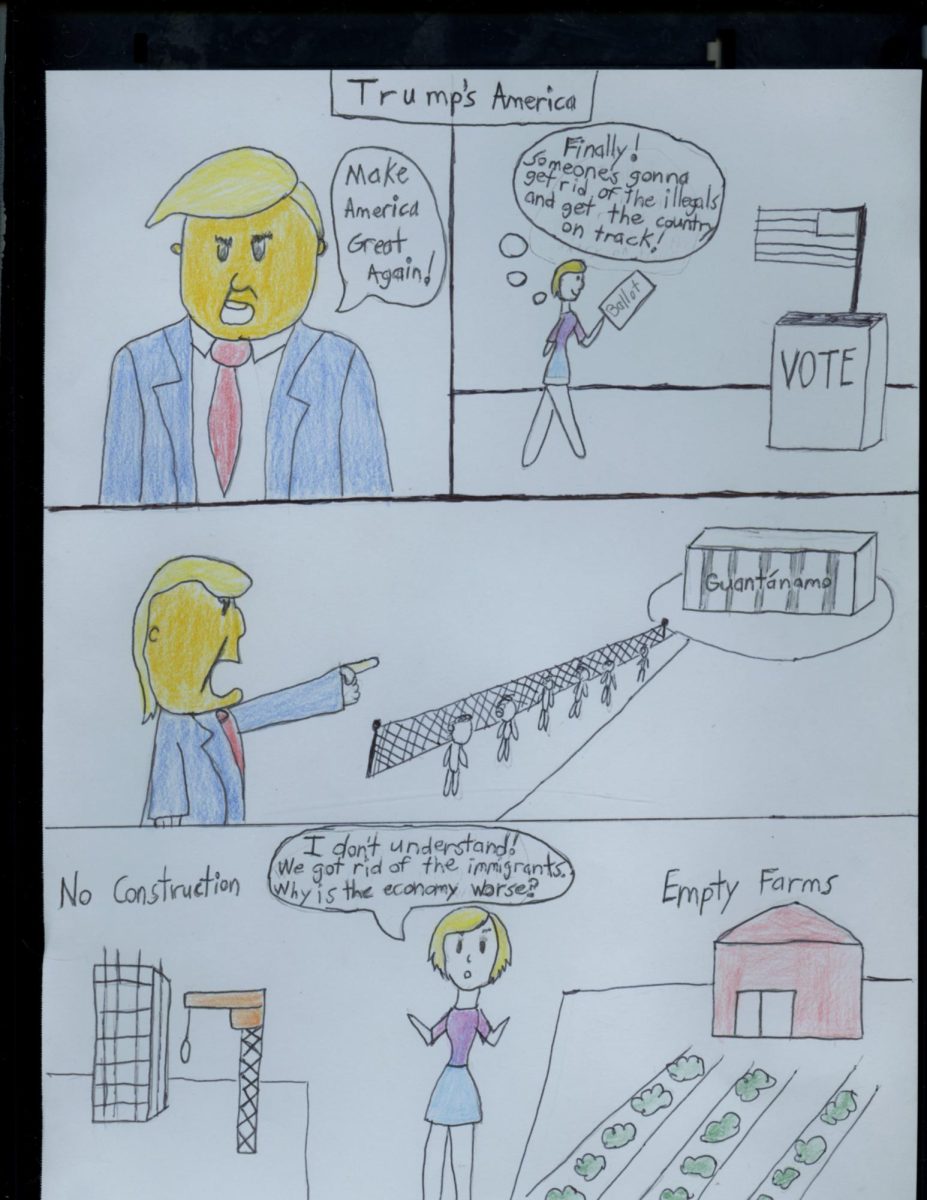Artificial Intelligence, commonly referred to as A.I., is now capable of generating content based on a simple phrase or image. Being a new technology, the ethics surrounding its use are still up for debate.
The question of whether or not it is ethical to produce material with A.I. involved is becoming more of a frequent topic for discussion. This remains true for the use of A.I. generated content in a professional and academic setting. Some may find using content that is not created by the individual breaks the rules involving plagiarism. Others feel that it should be allowed for assignments, as long as it is clearly stated that the work was aided by an A.I. content generator.
“I feel that it is only ethical to use A.I. generated content if it is to help generate ideas, not for the whole assignment,” said Dongha Kim, a student that has an interest in Artificial Intelligence.
According to Harvard Business Review, A.I. generated content is created using software that predicts the next words or images, using complex machine learning models, influenced by input from the user.
The most well known A.I. content generators are ChatGPT and DALL-E 2. ChatGPT is a chatbot that was released for testing in November 2022. The “GPT” stands for “generative pretrained transformer.” The application is capable of writing essays, answering questions and summarizing text and much more, however the information isn’t always accurate. DALL-E 2 is an A.I. art generator that is similar to Chap-GPT, except that it creates art instead of text.
“It would be appropriate [to use A.I.], as long as it is referenced as A.I., having some [content] be A.I. and some yours,” said Rob Ziegler, a student pursuing an Associates in Fine Arts in Photography.
EvCC’s current policy regarding the use of A.I. falls under academic integrity and plagiarism. This means that it is not allowed to be used at this time, except for certain occasions. According to Dennis Skarr, a faculty member in the Information Technology Program, “in the right context, A.I. could be used” if the instructor assigns it.
“There is lots of concern about plagiarism involving A.I. from the other faculty members,” said Skarr. “I’m more concerned about the great harm that it may cause in the world than students using it to cheat.”
Skarr is optimistic that there are areas that A.I. can be “used for the greater good” as a “tool and resource.” He has composed assignments for high school and college students that involve A.I. and noticed positive outcomes. However, the results from A.I sometimes need “some tweaking” and shouldn’t be copied and pasted. A.I. content is still in infancy and has many areas that need to be addressed. “You can sometimes use A.I. as inspiration about topics, however it can take awhile to generate quality content,” said Kim.
Many aspects of our daily lives have A.I. integrated into them. Alexa, a smart home device sold by Amazon, uses voice commands given to the A.I. to answer questions or accomplish simple tasks. Many users appreciate the assistance from the A.I., while some are skeptical about allowing the device to listen in on them.
“A.I. is here to stay, as it only gets more advanced and integrated,” said Skarr. “It is a tool on par with the Internet.”








